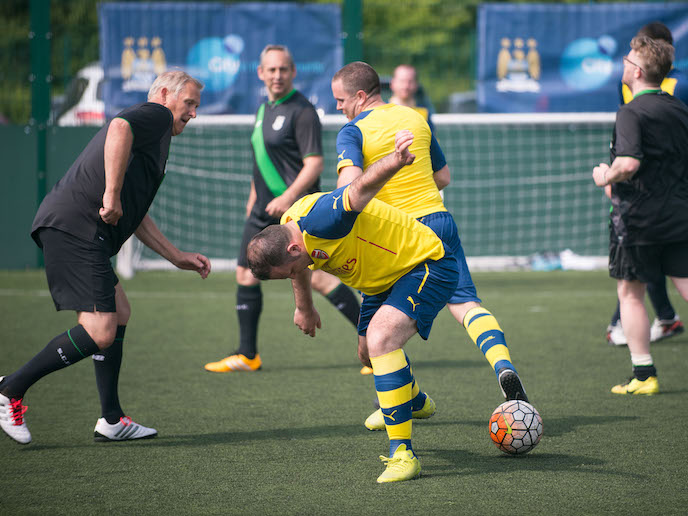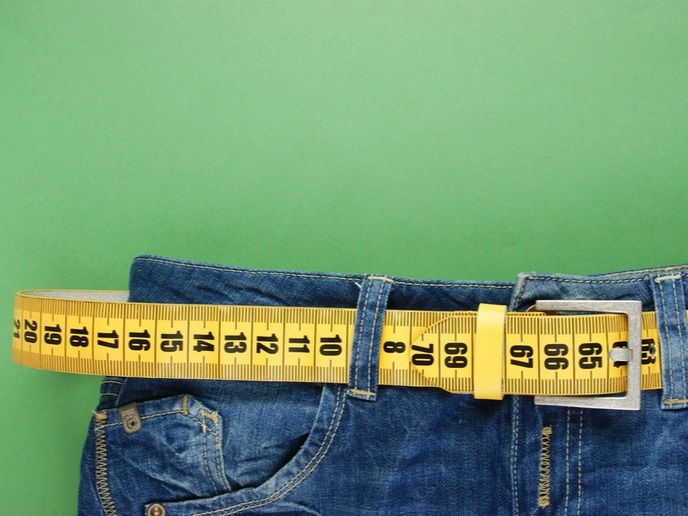Healthier lifestyles by tapping football fans’ fervour
The EuroFIT project harnessed the loyalty of football fans towards their clubs, to improve men’s health. The EU-supported project used state of the art behavioural science and social science to attract men to lifestyle change that would last a lifetime. Men worked together as a team to make improvements in their physical activity levels, diet, body mass index (BMI), well-being, vitality and health biomarkers. The results demonstrated improved overall health in a hard-to-reach population from across the socioeconomic spectrum. Evidence based health programme EuroFIT was designed to support men in maintaining healthier changes for at least 12 months. The programme was delivered at club stadia to groups of 15-20 men over 12, weekly, 90-minute sessions that combined interactive learning of behaviour change techniques, with graded group-based physical activity. “Club coaches were trained over two days to deliver programme content suitable for the way adults, particularly men, like to learn. Some elements, such as dietary tips, were adapted to country-specific norms,” says project coordinator Prof. Sally Wyke. Participants chose from a range of tools, including setting and reviewing goals, action planning and self-monitoring, that emphasised the personally-relevant benefits of behaviour change. Physical training included the FIFA 11+ injury prevention programme. Dietary advice and skills were shared for losing weight. Materials included manuals for coaches and participants. Personal technologies were also developed, with a device called SitFIT, by Pal Technologies, monitoring physical activity and sedentary time, and a game-based app called MatchFIT, offering social support. The programme was tested by 1 113 participants across 15 clubs in the Netherlands, Portugal, Norway and the United Kingdom in a randomised control trial. Both at the start of the trial and after 12 months, participants’ physical activity, sedentary time, diet, BMI, blood pressure, well-being and quality of life were assessed, with some also providing blood samples. “EuroFIT significantly increased physical activity, and decreased body weight (BMI) as well as improved diet, well-being, self-esteem and vitality,” says Prof. Wyke. “The trial also found that the programme was cost-effective in the long term, when looking at risks of colorectal cancer, cardiovascular disease, depression, stroke and diabetes.” However, the programme did not result in men being less sedentary, as measured by time spent sitting. “We need to emphasise that while increasing physical activity is important, so is sitting less by doing things like moving around for a while when watching TV,” says Prof. Wyke. Currently there are no clear, public guidelines for reducing sedentary time, nor is the association between high levels of sedentary time and health widely known. Maximising impact EuroFIT contributes to EU health policies. For example, it supports men in meeting the goals set out in the EU Physical Activity Guidelines and addresses key health challenges faced by men as identified in the European Commission Report on ‘The State of Men’s Health in Europe’. After the main trial, six new clubs tested the implementation strategy. Based on their experiences the team developed a European replication model. Updates are currently being made to the coach and participant manuals, ahead of a Europe-wide roll out in Spring 2019. EuroFIT will be available to clubs over a 12-month period through an individual licence, or a group licence for a cohort of clubs to deliver EuroFIT, as with the Portuguese Football Federation. The licence will be administrated by the public health and sport NGO, European Healthy Stadia, and will be supported by UEFA, the European football governing body.







